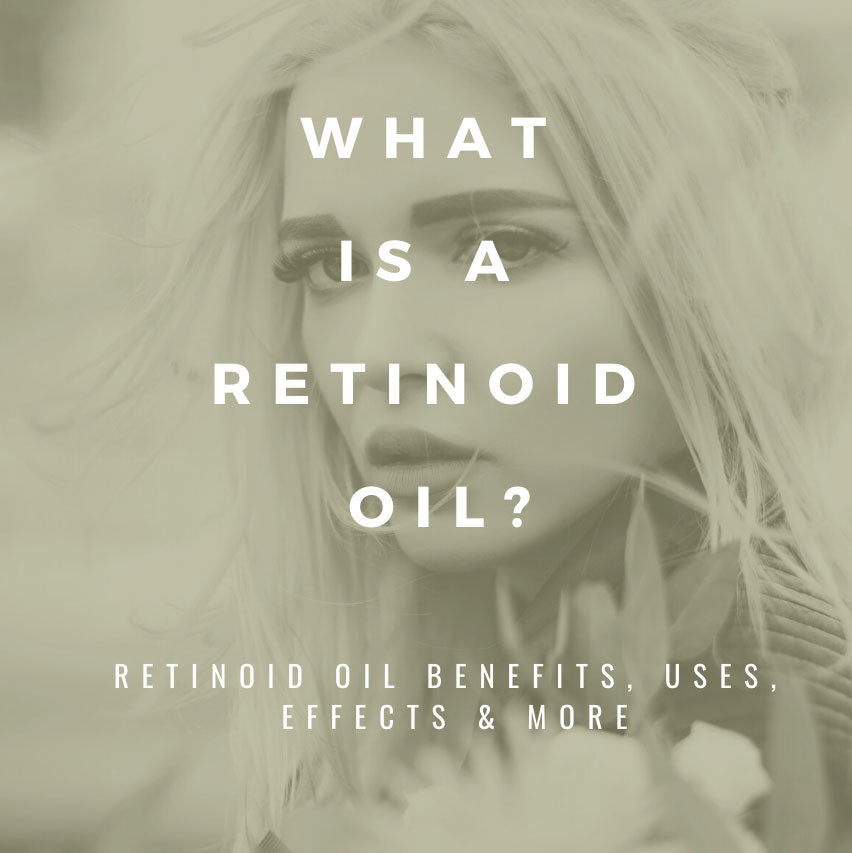Ingredient Breakdown: Hyaluronic Acid

Hyaluronic acid is getting a lot of attention in the skin care industry and you have probably heard it being referred to as the "fountain of youth”, but do you know what hyaluronic acid is? We’re digging deeper to find out why it is getting so much attention in the skin care industry.
Hyaluronic acid is found naturally in the body, usually in fluids around the eyes and joints. It is a clear, lubricating substance responsible for carrying nutrients from the blood to the skin cells, retaining water in the skin, and filling excess space surrounding the tissues and fibers in the joints, eyes, and skin.

While hyaluronic acid is naturally occurring in the body, our natural supply decreases as we age. Hyaluronic acid is found in medications, injections, and skin care products, where it has been synthetically produced by bacteria. As an ingredient in skin care products, hyaluronic acid provides several anti-aging benefits.
Restores Supple and Smooth Skin
As we age our skin molecules lose the ability to retain water, leaving us with sagging, dry skin. Hyaluronic acid can hold up to 1,000 times its weight in water! It gently moisturizes the skin and revitalizes its outer layers, leaving you with hydrated, softer, smoother skin.
Reduces Smile Lines and Wrinkles
Aging causes the outer layer of the skin to thin and lose elasticity, allowing wrinkles to form. The moisturizing and antioxidant properties of hyaluronic acid reduce the appearance of fine lines and wrinkles by restoring firmness and maximizing collagen production. Try this best-selling Vitamin C Serum with hyaluronic acid from Geneva Naturals.

Minimizes Bags Under Eyes
When collagen breaks down the skin begins to sag. As the tissues around the eyes weaken the normal fat that supports the eyes can shift into the lower eyelids, giving an appearance of puffy eyes. Hyaluronic acid’s protective effect on collagen synthesis helps to reduce the appearance of bags under the eyes.
Treats Sores and Wounds
Cold sores, bites, burns, wounds, and even ulcers are often treated with the use of hyaluronic acid because of its ability to hydrate damaged tissue. Hyaluronic acid also helps bring nutrients to the damaged tissues and helps to manage inflammation.
Acne Treatment
Moisturized skin is very important when it comes to treating acne. When the skin is moist the pores are open and blemishes are hard to form. Not only does hyaluronic acid excel at moisturizing the skin, it is non-abrasive and perfect for those with sensitive, dry, and oily skin.
Want to learn more? See what skincare vlogger Brianna Stanko has to say about the anti-aging benefits of hyaluronic acid!
Also in Geneva Naturals

What Is A Retinoid Oil? Retinoid Oil Benefits, Uses, Effects & More

DIY Clay Mask Recipes for Clear Skin


